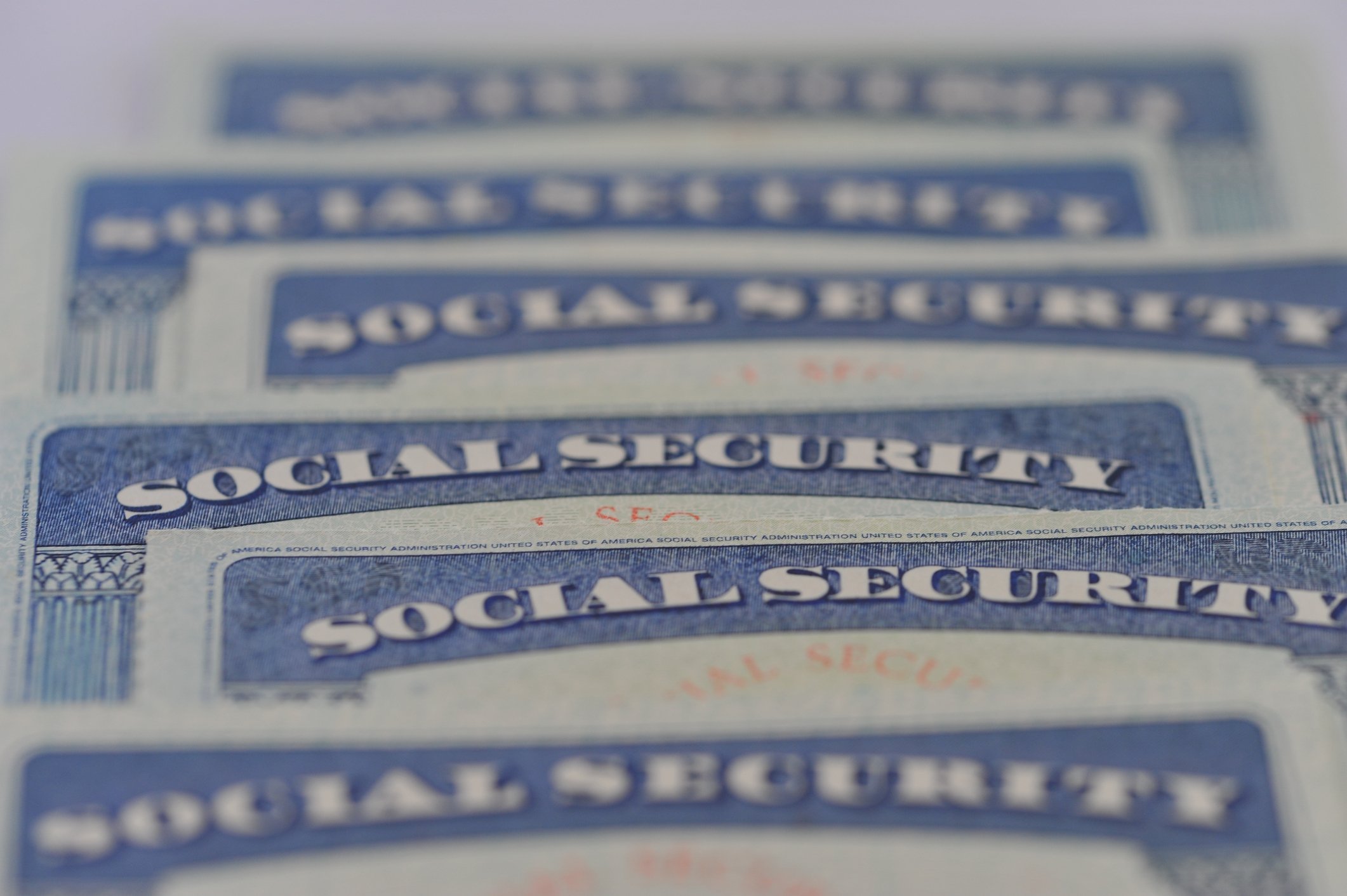Investing for retirement in a 401(k) is simple if you work for a company that offers this kind of plan. You can sign up to have money deducted from your paycheck and put into your retirement plan. In some cases, you may not even need to sign up and will be enrolled automatically. If you're lucky, your employer may even offer a dollar-for-dollar match on part of your contributions.
It's good to invest using a 401(k) because of the ease of doing so, the tax breaks, and the employer matching contribution. But putting some money into a 401(k) is very different than maxing out the account -- investing up to the annual contribution limit. While that may sound smart to do, the unfortunate truth is that it often ends up being a mistake. Here's why it may not be the right path to building the retirement security that you deserve.

Image source: Getty Images.
There are some huge downsides to maxing out your 401(k) plan
So, what's wrong with maxing out your 401(k)? Actually, a lot of things. For one thing, the contribution limits are really high. In 2026, the contribution limit for a 401(k) is $24,500. It's higher for older people because of catch-up contributions.
Investing so much in this particular pretax account may be great if you're earning a substantial income. For most people, though, trying to max out a 401(k) would mean not putting money into other tax-advantaged plans, such as an IRA. After all, there is only so much money to go around.
Failing to diversify into different kinds of retirement plans can be a big mistake, which brings us to our next downside. A 401(k) has some disadvantages compared to other kinds of retirement plans. For example, both traditional and Roth IRAs offer you the flexibility to invest in a brokerage account of your choice, which may have lower fees than your 401(k).
IRA accounts also offer a wider range of investment choices. A typical 401(k) typically has a dozen or fewer investment options. You usually can't buy individual stocks, and may be stuck with mutual funds that have higher fees than exchange-traded funds (ETFs). IRAs allow you to invest in almost stock or fund you want, giving you a lot more flexibility.
Beyond investment choices, your workplace 401(k) may also offer limited options for when you claim your tax break. Unless your company offers a Roth 401(k), you'll only be able to make pretax contributions and won't have the chance to defer your tax breaks to retirement instead. Many people end up better off with tax-free withdrawals from Roth accounts, if their tax bracket becomes higher later on.
And if you're eligible for a health savings account (HSA), you may be way better off putting some money into that, rather than maxing out your 401(k). That's because HSAs provide triple tax breaks in the form of tax-free contributions, tax-free growth, and tax-free withdrawals when money is used for qualifying medical expenses.
For all these reasons, maxing out your 401(k) may be the wrong choice even if it's tempting.
What should you do instead of maxing out your 401(k)?
Assuming you don't want to max out your 401(k), what should you do?
- First, start by putting in enough money to earn your employer's match. Contributing enough to receive this free money should be a key part of your retirement planning efforts.
- Then, explore other accounts. Do you want the tax benefits of an HSA or a Roth account? Do you want the investment flexibility of a traditional or Roth IRA? Decide which other accounts deserve your funds.
If you've maxed out all the other tax-advantaged plans you're eligible for and want to go back to investing in your 401(k) to score more tax breaks, that's probably fine. But don't just rush into maxing out this account at the expense of contributing to others that may better help you achieve your goals for the future.





